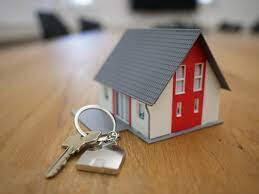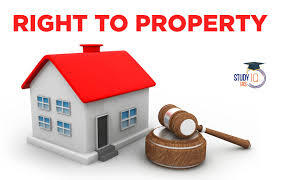Dumb Mistakes That’ll Tank Your Bad Tenants Business
Publicado por Cw sparks sparks
Cuerpo
The consequences of having a bad tenant
Bad tenants can have a number of consequences Bad tenants for a landlord. Here are three of the most common:
1. Unpaid rent – This is probably the most obvious consequence of having a bad tenant. If your tenant doesn’t pay their rent, you’ll be out of pocket and may struggle to cover your mortgage payments or other bills.
2. Property damage – Bad tenants can also cause damage to your property, which can be expensive to repair. This may include damage to fixtures and fittings, or even structural damage if they cause a fire.
3. Nuisance neighbours – If your tenant causes problems for their neighbours, it’s likely that you’ll end up getting complaints. This can be disruptive and may even lead to you losing other tenants.
All of these consequences can be costly and stressful, so it’s important to do your research before renting out your property to anyone. Make sure you check references and carry out a credit check to reduce the risk of ending up with a bad tenant.
How to avoid bad tenants
Bad tenants can cause a lot of problems for landlords. They can damage property, fail to pay rent, and create a nuisance for other tenants. It is important to screen tenants carefully to avoid problems down the road.


There are a few key things to look for when screening tenants:
1. Check their rental history. Tenants with a history of late rent payments or evictions are more likely to be trouble.
2. Conduct a credit check. This will give you an idea of their financial stability and whether they are likely to pay rent on time.
3. Ask for references. Speaking to previous landlords or employers can give you some insight into the tenant's character.
4. Meet them in person. This is a good opportunity to get a feel for the tenant and see if they are someone you would be comfortable renting to.
If you follow these tips, you should be able to avoid bad tenants and have a good experience with your rental property.
The impact of bad tenants on the property market
Bad tenants can have a significant impact on the property market. In some cases, they can cause prices to drop and make it difficult for landlords to find good tenants. In other cases, they can cause rental prices to increase, making it difficult for tenants to find affordable housing.
In either case, bad tenants can have a negative impact on the property market. If you're a landlord, it's important to screen your tenants carefully to avoid problems down the road. If you're a tenant, it's important to be aware of the potential problems that can arise from renting from a bad landlord.
Here are five ways that bad tenants can impact the property market:
1. Bad tenants can cause prices to drop.
If a property is in disrepair or there are always problems with the tenants, it can make it difficult to sell. This can cause prices to drop, making it a good time to buy but a bad time to sell.
2. Bad tenants can make it difficult for landlords to find good tenants.
If a landlord has had bad experiences with tenants in the past, they may be hesitant to rent to anyone. This can make it difficult for good tenants to find housing.
3. Bad tenants can cause rental prices to increase.
If there is a high demand for housing and not enough supply, rental prices will increase. This can be caused by bad tenants who damage property or don't pay rent on time, making it difficult for other tenants to find affordable housing.


4. Bad tenants can make it difficult to get a mortgage.
If you're trying to get a mortgage, the lender will look at your rental history. If you have a history of late rent payments or damage to property, it can make it difficult to get a loan.
5. Bad tenants can make it difficult to sell a property.
When it's time to sell, potential buyers will look at the rental history of the property. If there have been problems with bad tenants, it can make it difficult to sell.












Comentarios